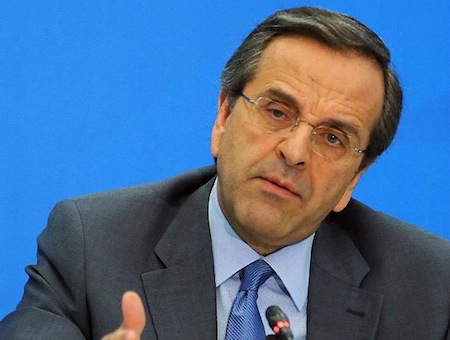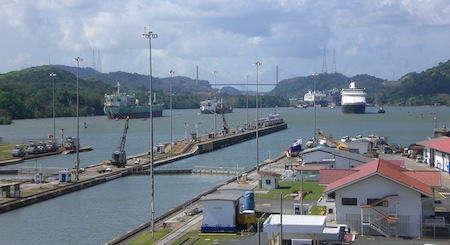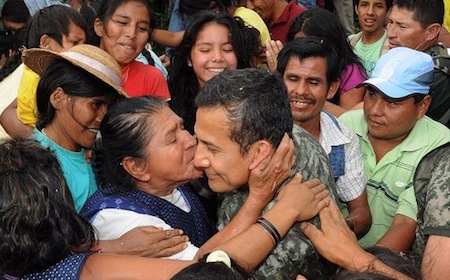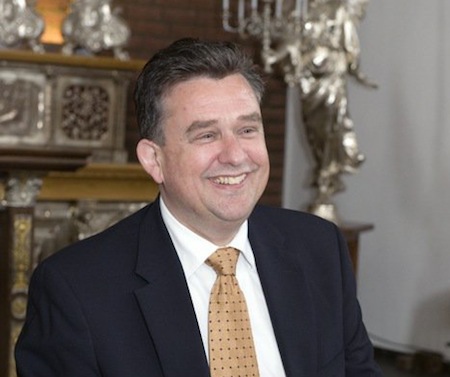There might be no more yawn-inducing issue in UK politics than House of Lords reform.![]()
But that issue has led to the greatest moment of crisis between the Conservative Party and the Liberal Democratic Party, which together govern the United Kingdom in a first-of-its-kind Tory-Lib Dem coalition government.
The importance of the week’s jousting is not about electoral reform, to save the suspense.
It’s about the that it marked the first major tear in the Coalition: a Tory bid to stymie Lords reform led Lib Dem leader and deputy prime minister Nick Clegg (pictured above, right) to declare that he would direct his party to vote against another electoral reform measure supported by the Tories. It’s the first time Clegg has so aggressively and directly fought back against his Coalition partner.
Right-wing newspapers are already savaging Clegg. But for its faults, the two-party Coalition still remains more united and disciplined than the Tories were (when they were governing by themselves!) in the last years of John Major’s government in the mid-1990s, when Europe and scandal hopelessly split an undisciplined party. It’s probably more united than the New Labour government in its last years, hopelessly split between Blairites and Brownites on the basis of no true underlying policy differences.
The most alarmist talk about the danger to Cameron’s government is overstated — more most surprising, perhaps, is that the Coalition made it nearly halfway through the natural term of the parliament with so much unity. Clegg has not yet flinched in giving his party’s support to Tory leader and prime minister David Cameron (pictured above, left), even as the budget cuts of a severe austerity program implemented by Tory chancellor of the exchequer George Osborne seem to be dragging the UK economy back into a double-dip recession, to say nothing of student fees or other policies that are less than satisfying to the Lib Dem rank-and-file, which has typically been more of the left than of the right.
As The Guardian notes, Clegg can claim a moderating influence on the current government:
Most of the cases that [Clegg] can demonstrate are negative ones. The Lib Dems have played a vital role in making Tory legislation less extreme, less red meat. The health reforms could have been worse; Europe policy would have been more barking; welfare changes would have hurt the vulnerable even more.
But voters don’t seem to be giving Clegg much credit. The center-left Labour now has a five-point lead over the Tories (39% to 34%) in the latest Guardian/ICM poll from late June, but the Lib Dems have taken the greatest electoral brunt with just 14% support, a sharp fall from its 23% vote in May 2010.
Luckily for Clegg and Cameron, most of the UK was too busy on holiday or watching the Olympic Games in London to notice (although Cameron must not be thrilled that his semi-rival, London mayor Boris Johnson, has received such fawning attention).
So what happened? Continue reading Tensions start to appear in Tory-Lib Dem coalition in the UK











